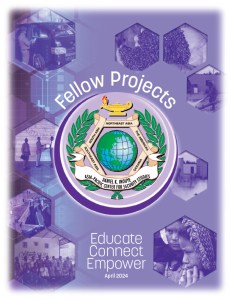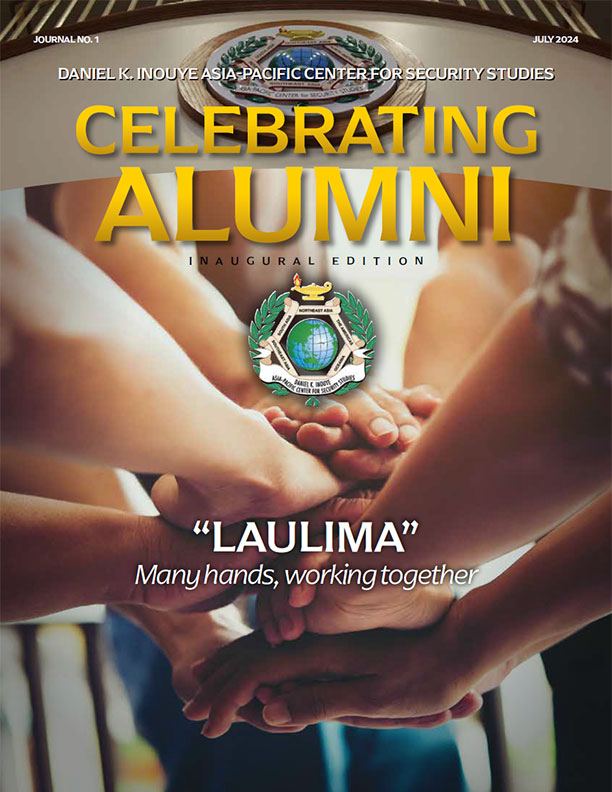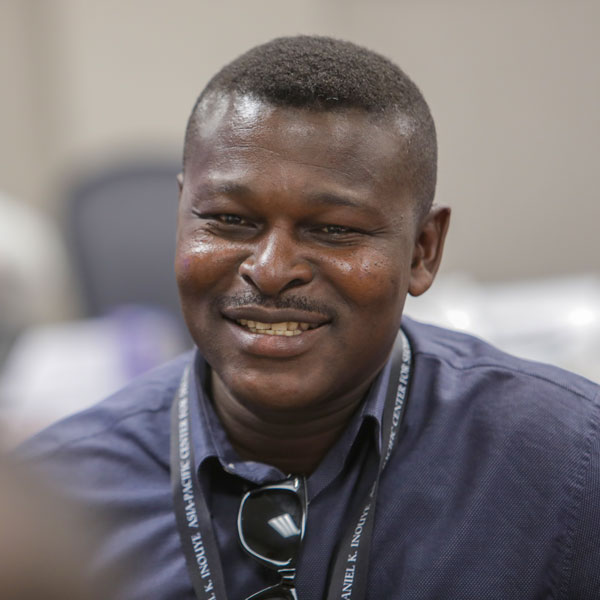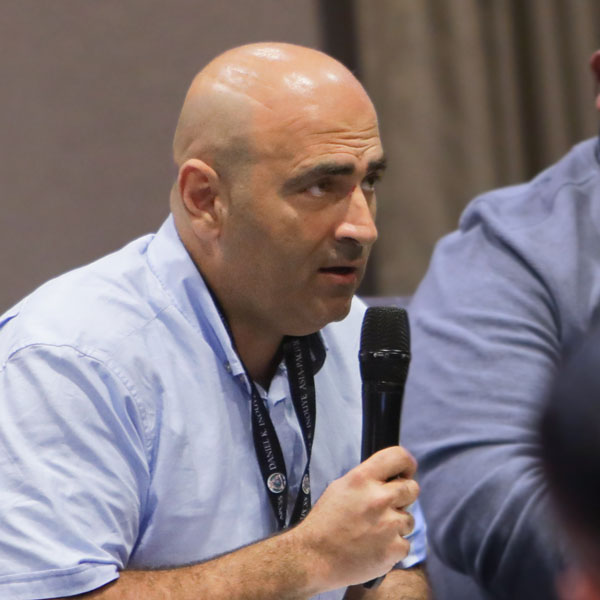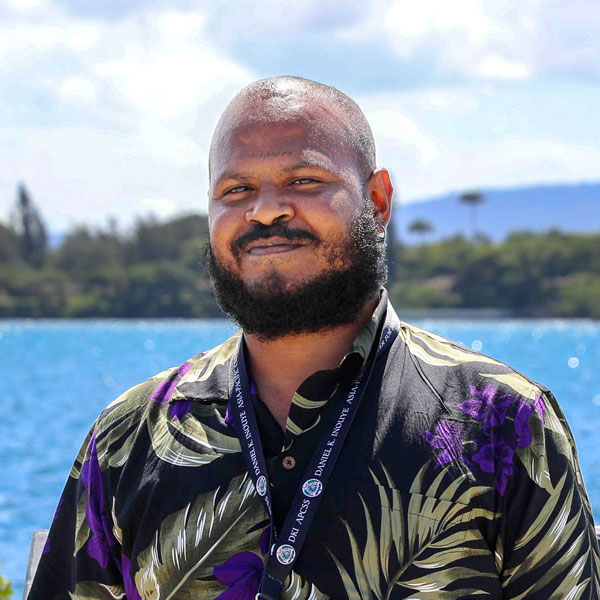Fellow Project is an integral part of DKI APCSS’s long courses. It requires participants to undertake a project demonstrating their expertise by applying their acquired knowledge and skills. This process includes:
- Collaboration and Networking: Fellows work together and engage with faculty and experts, fostering relationships and mutual understanding.
- Perspective Sharing: Discussing local, national, and regional security challenges enhances networks and deepens understanding of a rules-based order and a free and open Indo-Pacific region.
- Research and Analysis: Fellows leverage their experience to research a specific topic, increasing situational awareness, creating viable options, and forming practical recommendations through critical thinking.
- Expand capacity for critical thinking
- Practice querying, dialogue, cooperation, and connecting with key stakeholders
- Hone inquiry skills for future work
- Produce outcomes of real-world value
- Individual Fellow Project: Each fellow undertakes a project focusing on a specific challenge related to a policy, program, process, or practice. This project is completed independently, allowing the fellow to apply their unique insights and expertise.
- Cohort Project (Group Project): In this format, fellows collaborate on a group project. To participate in a Cohort Project, each fellow must be preselected by their respective country’s embassy and DKI APCSS. This collaborative approach encourages teamwork and leverages the diverse perspectives of the fellows involved.
* If your country wishes to send a team to work on a Cohort Project, inform the US Embassy, the DKI APCSS Recruiter (recruiter@apcss.org), and the Fellow Project Team (fellowsproject@danielk.go-vip.net).
Alumni Publications
Completed Fellow Projects
Project Phases
| Fellows Project | Cohort Projects | |
|---|---|---|
| Before Course |
|
|
| During Course |
|
|
| After Course |
|
|
Latest News and Guest Speakers
Alumnus Erich Meier Jr. Completes Fellowship Project Focusing on Human Rights
Erich Meier Jr. graduated from the Comprehensive Security Cooperation (CSC) course in March of 2022. While he was eager to complete his Fellow’s Project on maritime security, he soon discovered that his project [...]
Mr. Krishna Bahadur Raut Receives the 2021 ‘Alumni of the Year’ award
DKI APCSS recognized Raut’s contributions as an alumnus who significantly improved the peace and security within his country of Nepal and in the Indo-Pacific Region. Raut’s Fellows Project resulted in seven new provincial emergency operation centers. He drafted eight of the fifteen laws required to support the expansion of the EOCs. He also played an instrumental role in passing significant policies that included the Disaster Management Act, Risk Reduction Policy, and the National Strategic Action Plan.
Alumnus Dr. Novil Wijesekara speaks at the Comprehensive Security Cooperation 22-1
As part of his participation in CMC, Dr. Wijesekara began implementing a Fellows Project titled, “Build the Capacity of Religious Leaders to Prevent Violent Extremism in Sri Lanka through a Public Health Approach.” Due to the ongoing pandemic he was forced to redirect his efforts to produce a workshop titled, “COVID-19 and Beyond.” In partnership with DKI APCSS, he designed the workshop, recruited speakers and participants, served as a speaker, and co-hosted the event. The workshop participants presented South Asia perspectives on COVID-19 prevention and mitigation. The participants shared best practices in responding to the pandemic and identified common challenges that the countries of South Asia were facing.


